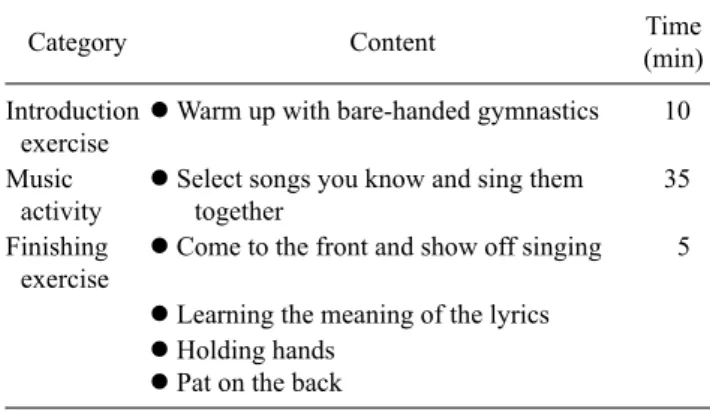http://crossmark.crossref.org/dialog/?doi=10.14474/ptrs.2020.9.4.295&domain=pdf&date_stamp=2020-12-25
Received: 2 December, 2020 Revised: 29 December, 2020 Accepted: 29 December, 2020 Corresponding author: Hyeoncheol Jeong (ORCID https://orcid.org/0000-0001-8606-2373)
Department of Nursing, Sahmyook University, 815 Hwarang-ro, Nowon-gu, Seoul 01795, Republic of Korea Tel: 82-2-3399-1592 Fax: 82-2-3399-1593 E-mail: love2hc@syu.ac.kr
This is an Open-Access article distributed under the terms of the Creative Commons Attribution Non-Commercial License (http://creativecommons.org/licenses/
by-nc/4.0) which permits unrestricted non-commercial use, distribution, and reproduction in any medium, provided the original work is properly cited.
Copyright © 2020 Korean Academy of Physical Therapy Rehabilitation Science https://doi.org/10.14474/ptrs.2020.9.4.295
pISSN 2287-7576 eISSN 2287-7584
Phys Ther Rehabil Sci 2020, 9 (4), 295-301 www.jptrs.org
A phenomenological study on the meaning of presence of elderly participants in an exercise-music program
Kyungsun Kim a , Hyeoncheol Jeong b
a
Department of Nursing, Kyungbuk College, Yeongju, Republic of Korea
b

